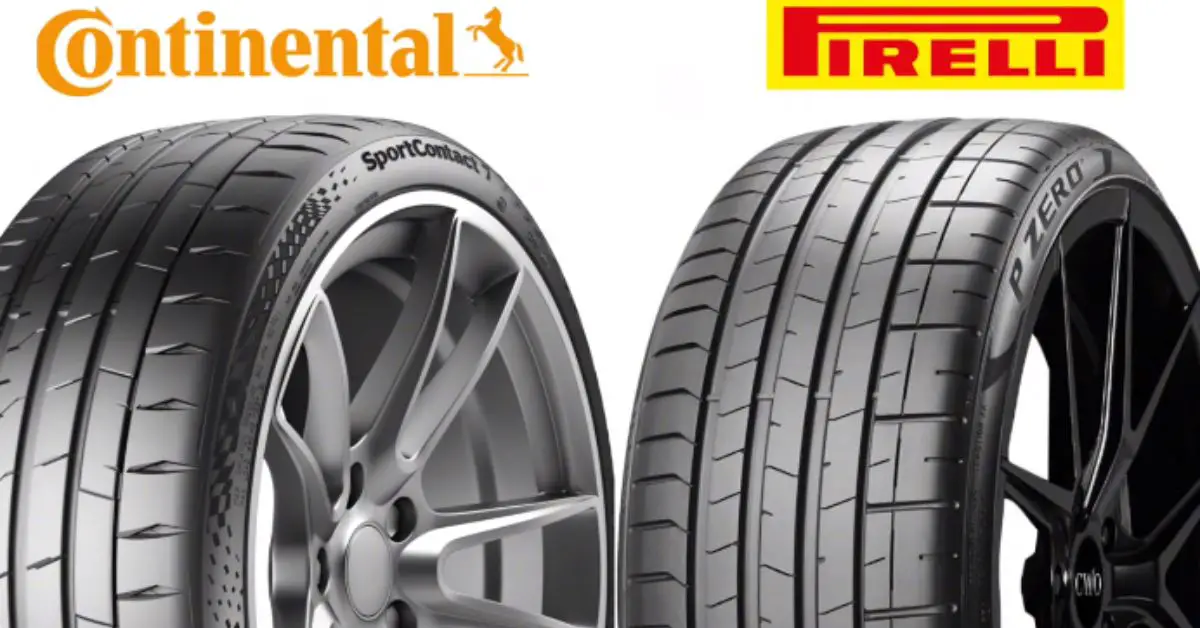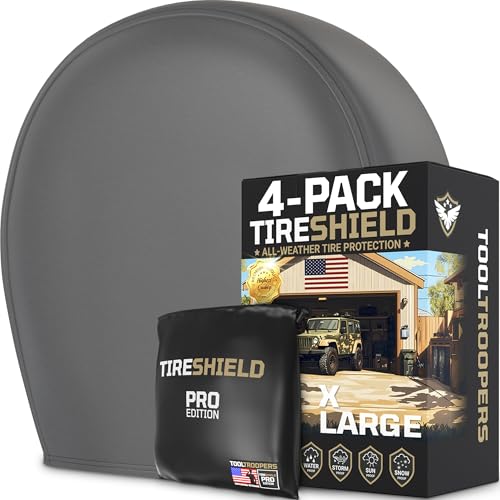Choosing the right tires can make or break your driving experience, and when it comes to top brands, Continental and Pirelli often lead the conversation. Both renowned for their innovation and performance, these tire giants offer distinct advantages that cater to different driving needs and preferences.
Whether you’re seeking superior grip, enhanced durability, or a smoother ride, understanding the key differences between Continental and Pirelli tires can help you make an informed decision. Dive into this comparison to discover which brand aligns best with your driving style and vehicle requirements.
Overview of Continental Tires
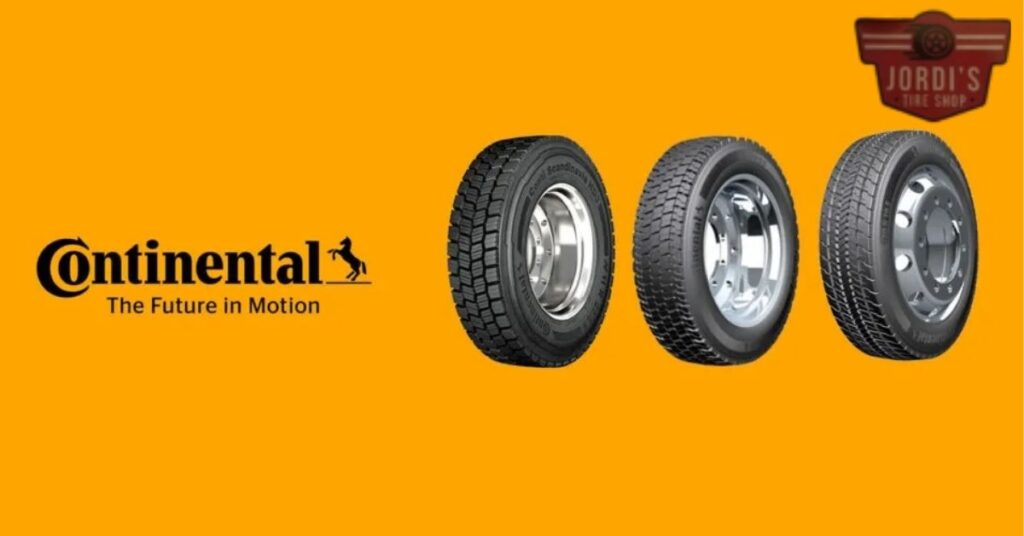
Continental tires have gained a reputation for their reliability and cutting-edge technology. Exploring their history, development, and key innovations provides insight into why they’re a top choice for drivers.
History and Development
Founded in 1871, Continental AG began as a rubber manufacturer. It entered the tire market in 1898, producing pneumatic tires for bicycles and carriages. Over the years, it expanded by merging with other companies and focusing on high-quality products. By the mid-20th century, Continental became a leading tire manufacturer, renowned for its performance and safety standards.
Key Technologies and Innovations
Continental tires incorporate advanced technologies to enhance driving performance. Some notable innovations are:
- ContiSeal: This technology allows the tire to seal punctures up to 5mm in diameter, enabling continued driving without immediate repair.
- ContiSilent: Using an inner tire absorber, this feature reduces road noise by up to 9dB, providing a quieter ride.
- Black Chili Compound: This rubber compound improves grip on wet and dry surfaces, enhancing traction and braking performance.
- EcoContact™: Designed for maximum fuel efficiency, these tires are engineered to lower rolling resistance, leading to reduced CO2 emissions.
Leveraging these technologies, Continental tires offer superior safety, performance, and comfort.
Overview of Pirelli Tires
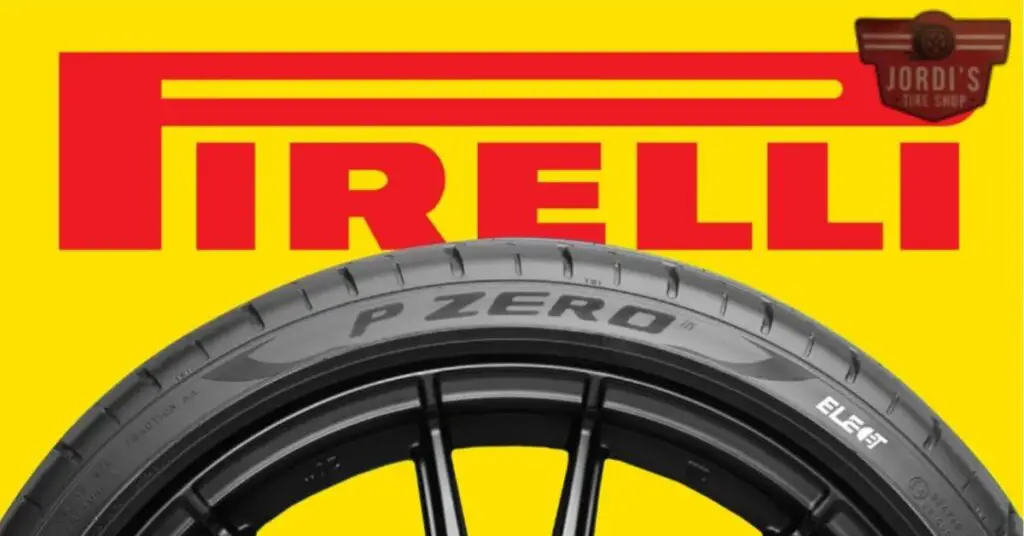
Pirelli, established in 1872, has built a reputation for excellence through a blend of high-performance products and innovative technologies. The company’s long history and robust portfolio have made it a global leader in the tire industry.
History and Product Evolution
Founded in Milan by Giovanni Battista Pirelli, Pirelli expanded rapidly through the late 19th and early 20th centuries. The brand initially focused on bicycle tires before diversifying into automotive and motorcycle tires. Pirelli’s commitment to innovation, evident since its early days, led to the development of several pioneering products, including radial tires and the “Cinturato” range.
Today, Pirelli’s product lineup includes tires for various vehicle types, from high-performance sports cars to electric vehicles. The company continues to set standards in the industry through partnerships, motorsport involvement, and a consistent focus on sustainability and technological advancement.
Core Technologies and Features
Pirelli tires incorporate several advanced technologies to deliver top-notch performance and safety. Key technologies include:
- PNCS (Pirelli Noise Cancelling System): Reduces road noise, enhancing driving comfort.
- Run Flat Technology: Allows you to continue driving after a puncture without compromising safety.
- Seal Inside Technology: Seals punctures instantly, preventing air loss and maintaining tire pressure.
- Elect Technology: Optimized for electric vehicles, ensuring low rolling resistance and high performance.
These features underline Pirelli’s dedication to innovation, combining comfort, safety, and sustainability to offer an exceptional driving experience.
Comparing Performance and Durability
Both Continental and Pirelli manufacture top-tier tires known for performance and durability. Comparing their features helps you make an informed decision.
Handling and Grip: Wet and Dry Conditions
Continental tires use Black Chili Compound for optimal grip. This technology improves traction on both wet and dry roads, providing shorter braking distances and enhanced cornering stability. Test results show that Continental tires generally perform better in wet conditions due to their advanced tread designs that channel water more effectively.
Pirelli tires incorporate a high-silica compound and an asymmetrical tread pattern. These features ensure excellent dry-handling characteristics and reliable wet performance. Pirelli’s performance tires are particularly known for their superior handling in dry conditions, often used in high-performance vehicles and motorsports.
Longevity and Wear
Continental tires integrate innovations like EcoPlus Technology which reduces rolling resistance, enhancing fuel efficiency and extending tire life. The tread wear indicators help monitor tire condition, ensuring timely rotations and replacements to maximize longevity.
Pirelli prioritizes durability through unique rubber formulations and reinforcement materials. Their tires often feature Dual Layer Tread (DLT) which maintains tire performance even as the tread wears down. Long-lasting performance makes Pirelli a preferred choice for those seeking durability.
| Feature | Continental | Pirelli |
|---|---|---|
| Grip Technology | Black Chili Compound | High-silica compound, asymmetrical tread pattern |
| Wet Conditions | Superior traction, shorter braking | Reliable, precise handling |
| Dry Conditions | Enhanced cornering stability | Superior handling |
| Longevity Features | EcoPlus Technology | Dual Layer Tread (DLT) |
| Durability | Monitored with tread indicators | Reinforced rubber formulations |
Continental and Pirelli stand out for their unique technologies and focus on both performance and durability. Selecting between them ultimately depends on your driving needs and conditions.
Cost Analysis and Value for Money
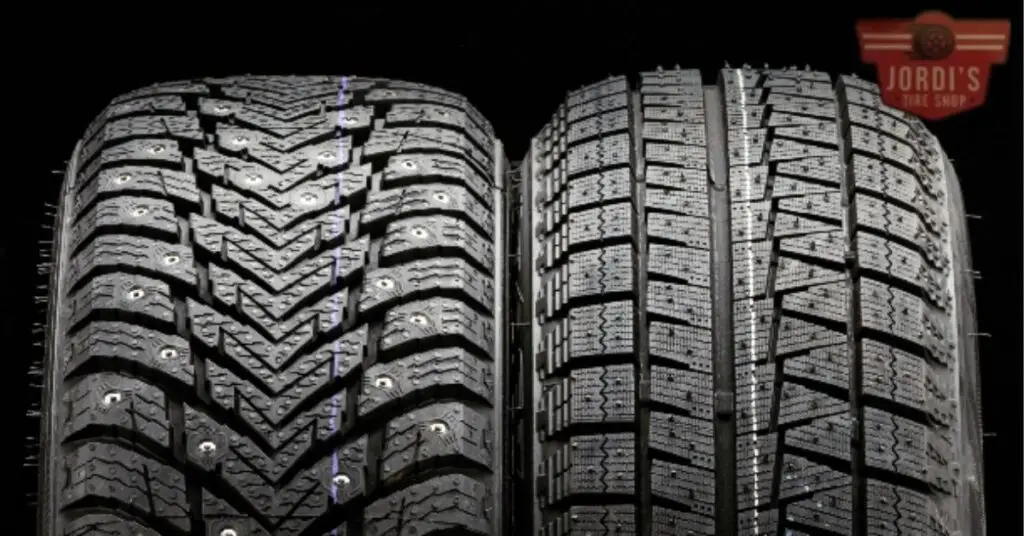
When comparing Continental and Pirelli tires, cost and overall value play crucial roles in decision-making.
Pricing Differences
Continental tires generally fall in the middle-to-upper price range, offering a balance of advanced technology and durability. For instance, a standard all-season Continental tire usually costs between $100 to $200, depending on size and specifications. Pirelli tires often sit in a higher price bracket due to their premium positioning in the market. A typical Pirelli all-season tire ranges from $150 to $300, influenced by performance features and branding.
Warranty and Support Services
Continental provides warranties that range from 40,000 to 80,000 miles, depending on the model. Their ContiComfortKit offers additional roadside assistance for certain products, enhancing your support options. Pirelli features warranties that extend from 45,000 to 90,000 miles, demonstrating their confidence in product longevity. Pirelli also offers the Pirelli Confidence Plus Plan, which includes a 30-day trial and road hazard coverage, increasing the brand’s value proposition.
User Reviews and Ratings
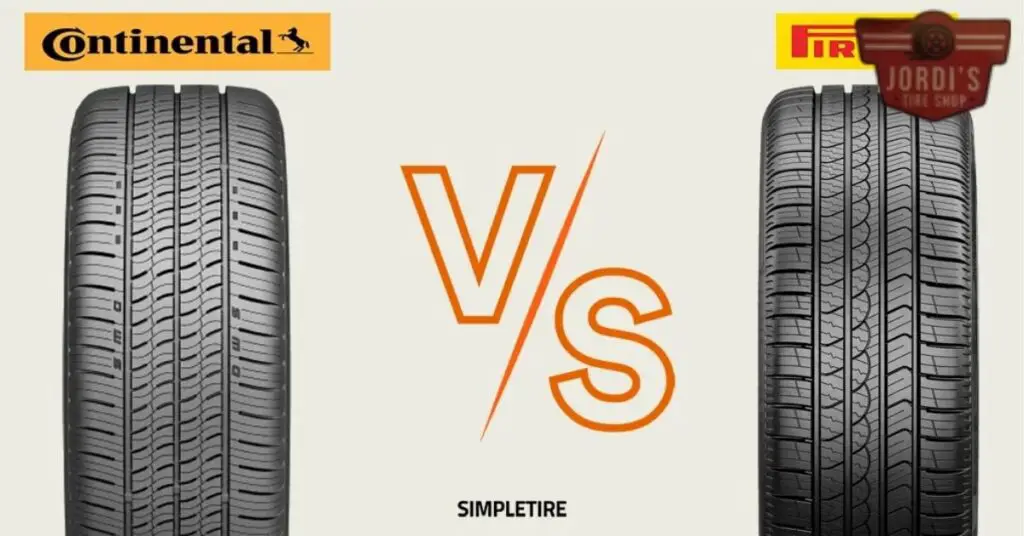
Continental and Pirelli tires receive mixed reviews from users and experts. Consumers often consider aspects like comfort, noise, and longevity when providing feedback.
Satisfaction in Everyday Use
Continental tires, according to user reviews on TireRack and Consumer Reports, excel in all-season performance and wet traction. Users appreciate the quiet ride and long tread life, with models like the Continental TrueContact recognized for smooth handling and comfort.
Pirelli tires, based on reviews from similar platforms, receive high praise for luxury and performance. Users frequently mention the Pirelli P Zero for its exceptional grip on both dry and wet roads, noting enhanced driving experience. However, some users report higher road noise and faster wear compared to Continental.
Professional and Expert Opinions
Experts from automotive magazines like Car and Driver and Motor Trend provide in-depth assessments of both brands. Continental tires often rank high for innovation and technology, with professionals citing the ContiSportContact as a standout for its balanced performance and safety features.
Pirelli, favored by performance carmakers like Ferrari and Lamborghini, often dominates expert reviews for high-performance criteria. The Pirelli Scorpion is often highlighted by experts for its versatility and premium traction in diverse conditions.
These reviews and expert opinions offer valuable insights, helping you make an informed tire choice tailored to your driving needs and expectations.
Conclusion
Choosing between Continental and Pirelli tires hinges on your specific driving needs and preferences. Continental offers cutting-edge innovations and excels in all-season performance and wet traction, making it a solid choice for everyday driving. Pirelli, on the other hand, stands out for luxury and high-performance driving, especially with models like the P Zero.
Consider your budget, the type of driving you do, and the importance of features like tread life and noise levels. User reviews and expert opinions can guide you, but ultimately, the right tire for you will depend on balancing these factors to meet your unique requirements.
Related Posts:
- Yokohama vs Hankook Tires: Performance, Durability, and Pricing Compared
- Yokohama vs Goodyear Tires: Performance, Durability, and Eco-Friendliness Compared
- Yokohama vs Bridgestone: Which All-Terrain Tire Reigns Supreme?
- Nitto vs Michelin Tires: Which Brand is Best for Your Driving Needs?
- Falken vs Michelin Tires: Which Brand Offers Better Performance and Value for Money?
- BFGoodrich vs Michelin: Which Tire Brand is Best for Your Vehicle?
- Goodyear vs Michelin: Which Tire Brand is Best for Your Vehicle?
- Michelin vs Pirelli Tires: Which Brand is Best for Your Car?
- Firestone vs Michelin Tires: A Detailed Comparison of Performance and Value
- Toyo vs Michelin Tires: Which Brand Offers the Best Performance and Value?
- Hankook vs Michelin Tires: Which Brand Offers the Best Performance and Value?
- Goodyear vs Bridgestone Tires: In-Depth Comparison of Performance, Durability, and Customer Reviews
- Continental vs Pirelli Tires: A Comprehensive Comparison of Performance and Value
- Continental vs Bridgestone Tires: Which Brand Offers Better Performance and Durability?

